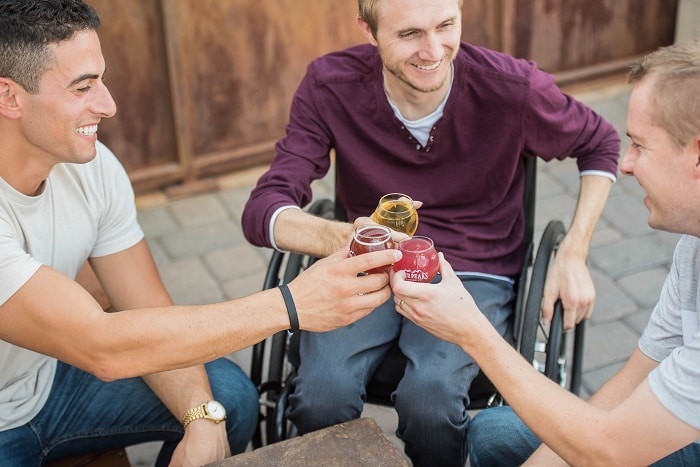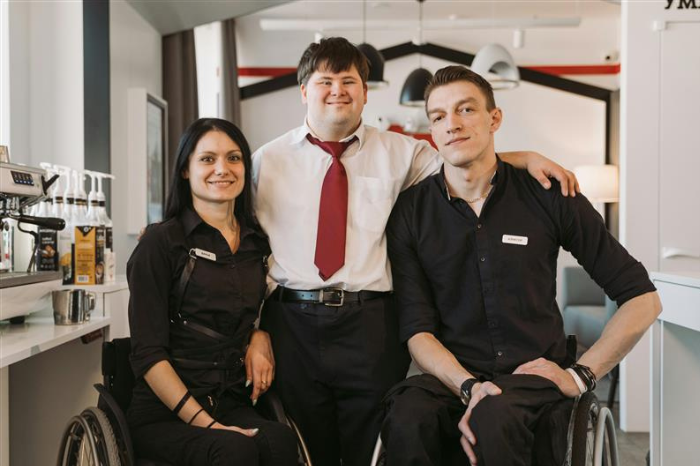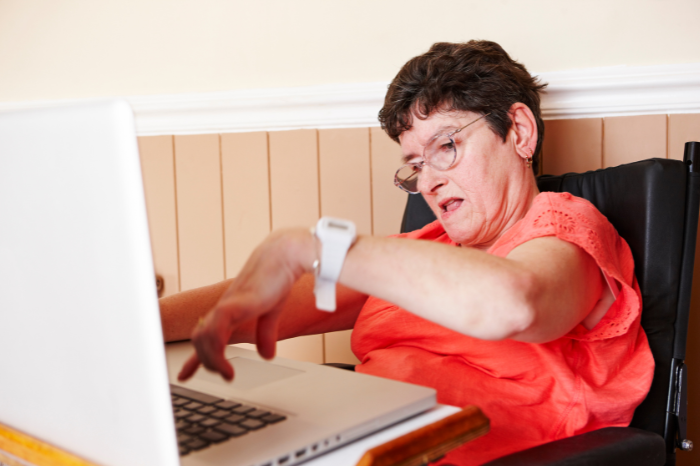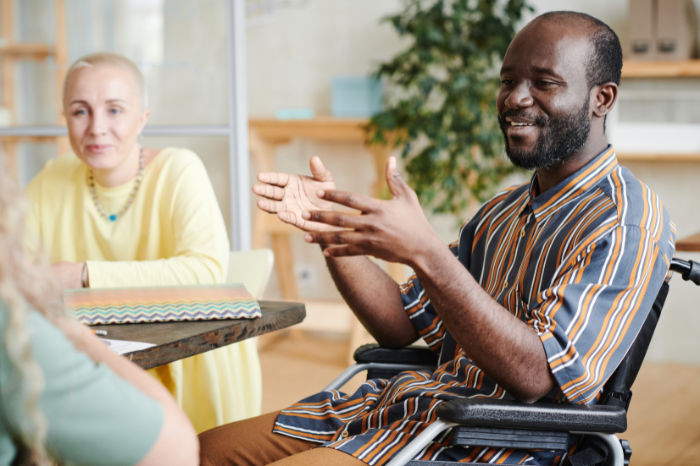
This is the question the Royal Commission into Violence, Abuse, Neglect, and Exploitation of People with Disability (Disability Royal Commission) posed to researchers from the University of New South Wales and Flinders University.
The findings are published in the Changing community attitudes to improve inclusion of people with disability research report, released earlier this month.
Researchers began with an evidence review. They looked at past national and international studies on good practice in policy and successful strategies for changing attitudes and behaviours towards people with disability.
They then asked more than 60 people from business, government, community and advocacy organisations around Australia for their thoughts on how community attitudes and behaviour towards people with disability could be changed.
The research is inclusive of the intersectional experiences of culturally diverse people, as well as members of the LGBTQIA+ community, First Nations people, and people living in rural and remote areas.
So, what did the evidence review and interviews find? They found the key to changing attitudes, behaviours and outcomes could be found in interventions based on information and education. Successful interventions emphasised:
In simple terms, changes to attitudes towards people with disability can be facilitated by the actions outlined below.
Researchers also found that changes to attitudes should occur across all levels of society, including in:
The full report, including case studies on promoting women’s safety, culturally safe housing services, and empowering children and young people, can be found here.


